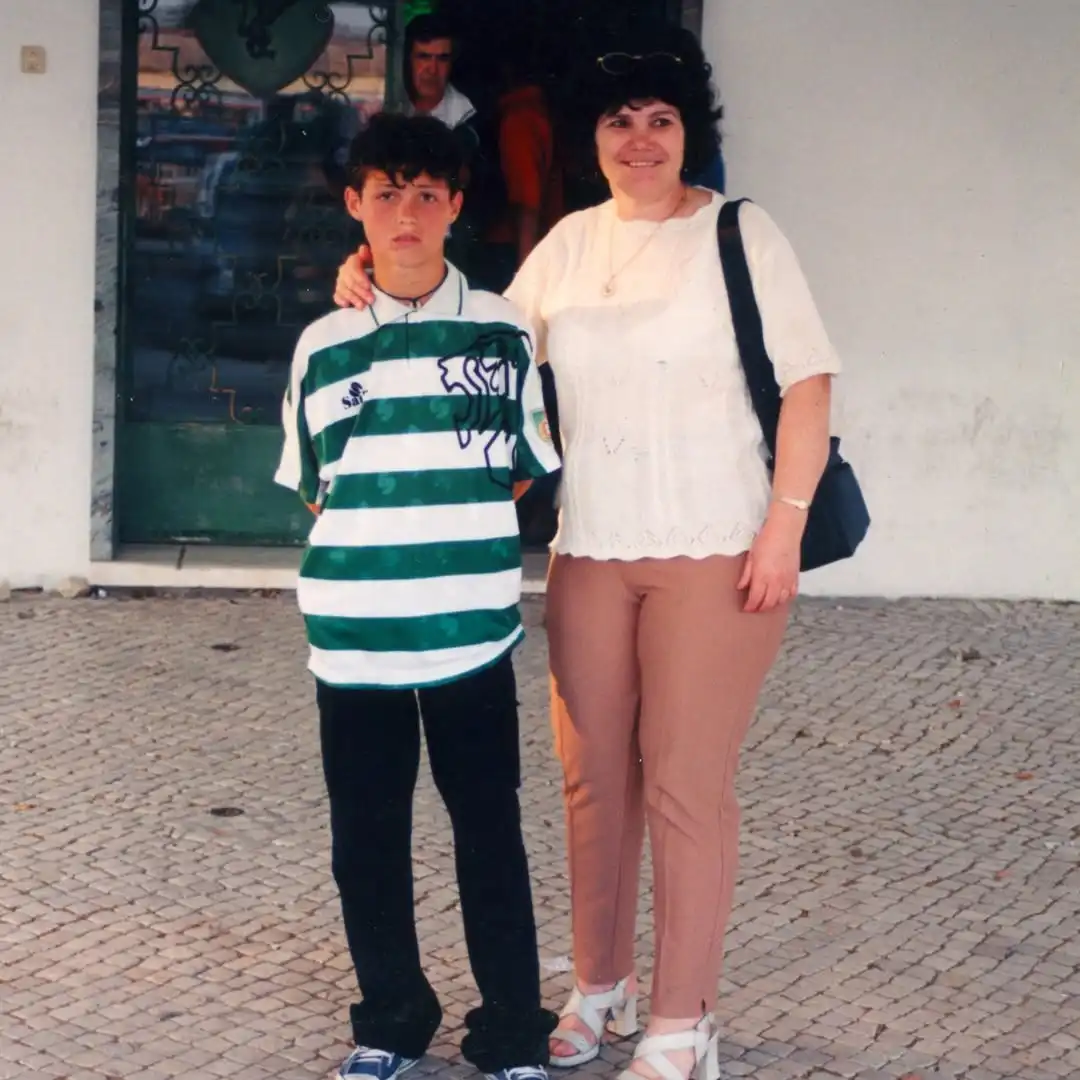Picture this: a sprawling, purpose-built complex just outside Lisbon, bathed in the warm Portuguese sun. It’s not a secret government facility, nor a hidden tech startup lab. Yet, within its perfectly manicured pitches and state-of-the-art training centers, something truly remarkable has been happening for decades. We're talking about the Sporting Clube de Portugal Academy, affectionately known as Alcochete. This isn't just a football academy; it's a veritable factory of dreams, a crucible where raw talent is forged into global superstardom. If you've ever wondered where legends like Cristiano Ronaldo and Luis Figo got their start, well, you've found the address. For football fans, the names Cristiano Ronaldo and Luis Figo conjure images of unparalleled skill, unwavering dedication, and trophy cabinets overflowing with silverware. But before they graced the grandest stages of European football or lifted international trophies for Portugal, they were just kids with a ball at their feet, learning their craft within the meticulously designed system at Alcochete. It’s genuinely mind-boggling how one institution has consistently managed to produce such an insane roster of world-beaters. What's their secret sauce? Is there some magic potion or ancient Portuguese spell they’re brewing? The truth, as often is the case, is less about magic and more about an incredibly well-structured philosophy, immense dedication, and a long-term vision. The Alcochete Academy, officially opened in 2002 (though Sporting's youth development history stretches back much further), is a testament to Sporting CP's unwavering commitment to nurturing homegrown talent. It's not just a place for kids to kick a ball around; it’s a fully immersive environment designed to develop every facet of a young athlete's life. Think about it: dormitories, classrooms, dining halls, medical facilities, and, of course, a gazillion pitches – both grass and artificial – all meticulously maintained. You can almost feel the ambition buzzing in the air the moment you step foot on the grounds. The philosophy at Alcochete is holistic. It’s not merely about technical prowess, although that's obviously a huge part of it. They scout for potential, yes, but then they meticulously refine it. From the moment a hopeful youngster walks through their gates, often as young as 11 or 12, they're not just taught how to pass or shoot. They're instilled with the 'Sporting DNA' – a blend of discipline, humility, teamwork, and an insatiable hunger for improvement. Coaches aren't just tactical gurus; they're mentors, guiding these burgeoning talents through the treacherous waters of adolescence and intense competition. They understand that creating a world-class footballer means developing a world-class human being. Take Cristiano Ronaldo, for instance. A scrawny kid from Madeira with raw, undeniable talent, he arrived at Alcochete at the age of 12. His story is legendary – the relentless pursuit of perfection, the extra hours spent training, the almost obsessive dedication. But it wasn't just his drive. It was the environment. Alcochete provided the structure, the top-tier coaching, the nutritional support, and the psychological guidance he needed to transform from a prodigious talent into the global icon he is today. They helped him channel that fiery ambition, polish those dazzling skills, and develop the tactical intelligence required to dominate the sport. They smoothed out the rough edges, turning a diamond in the rough into a priceless gem. Then there’s Luis Figo, a beacon of a different era, but equally a product of Sporting's famed youth system before the current Alcochete facility existed in its modern form. Figo, with his silky dribbling and visionary passing, was another testament to Sporting's ability to identify and cultivate truly special players. His journey, like Ronaldo's, speaks volumes about the enduring quality and consistency of the club's youth development philosophy over decades. It's not a fluke; it's a legacy. And the list goes on, honestly. Nani, Ricardo Quaresma, William Carvalho, João Mário, Gelson Martins, Rui Patrício, and countless others who've gone on to have stellar careers both domestically and abroad. Many of these names might not carry the same global weight as Ronaldo or Figo, but they are all testament to the systemic success of the academy. It's like they've got this secret blueprint for churning out technically gifted, tactically aware, and mentally tough players who are ready to step into senior football without skipping a beat. What's the real game-changer here? It’s probably the emphasis on a specific playing style and identity from the youngest age groups right up to the senior team. Kids learn the "Sporting way" – a style that values possession, fluid movement, and technical excellence. This consistent methodology means that when a player graduates from the academy to the first team, they already understand the system, the expectations, and the culture. There's less of a leap, more of a natural progression. Plus, the academic support is no joke. Players are required to continue their education, ensuring that even if their football dreams don't pan out, they have a solid foundation for life beyond the pitch. That's a serious commitment to their well-being, not just their footballing potential. So, the "secret" behind Alcochete isn't some mystical formula or hidden treasure map. It’s a combination of world-class facilities, an unwavering belief in developing homegrown talent, a holistic approach to player development that prioritizes character and education alongside skill, and a team of dedicated coaches and staff who live and breathe the club's values. It's about patience, perseverance, and providing the perfect environment for young footballers to truly flourish. Alcochete isn't just building football stars; it's building legacies, one talented kid at a time. And frankly, that's pretty epic.












